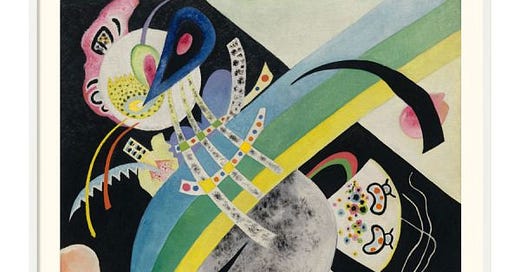I’ve been going through my book notes for the past few months in preparation for writing my next book. There are probably easier ways to do this work—A.I. programs that would do it for me, I’m sure!—but I love this phase even though it’s somewhat interminable. Every time I read a book, I mark up passages and then I type them all up into a master documen…
Keep reading with a 7-day free trial
Subscribe to Pulling the Thread with Elise Loehnen to keep reading this post and get 7 days of free access to the full post archives.




